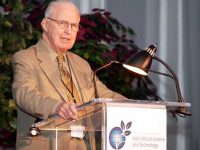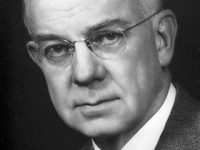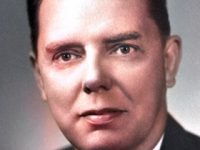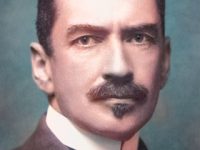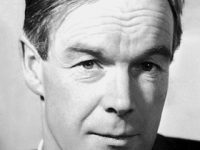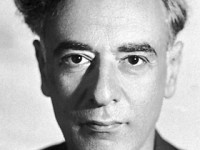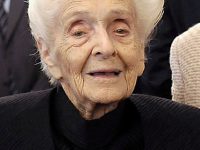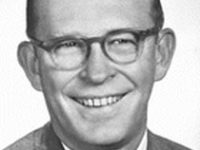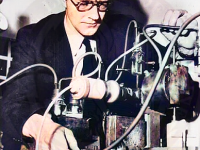Norman Borlaug and the Green Revolution
On March 25, 1914, American biologist and humanitarian Norman Ernest Borlaug was born. Borlaug led initiatives worldwide that contributed to the extensive increases in agricultural production termed the Green Revolution and has been awarded with the Nobel Peace Prize. Borlaug is often called “the father of the Green Revolution“, and is credited with saving over a billion people worldwide from starvation. “You can’t build a peaceful world on empty stomachs and human…
Read more

